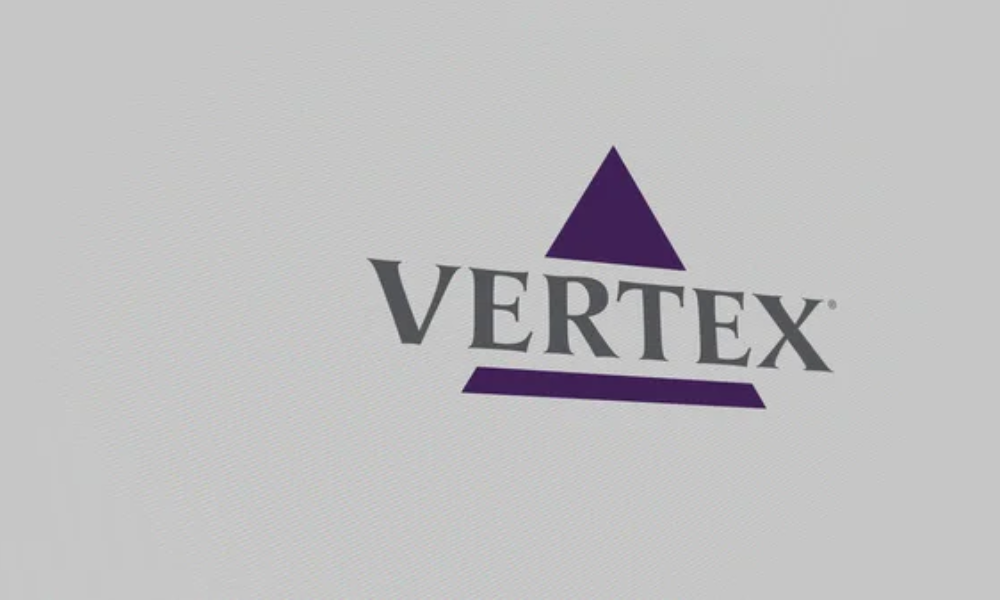When it comes to personal finance, myths and misconceptions abound. These misunderstandings can lead people to make poor financial decisions that hinder their ability to save, invest, and grow their wealth effectively.
Let’s debunk ten common misconceptions about personal finance that are not entirely true and provide a clearer perspective on managing money wisely.
Misconception 1: You Need a Lot of Money to Start Investing

Many believe that investing is only for the wealthy. However, this is far from the truth. With the advent of micro-investing apps and platforms that allow fractional shares, you can start investing with as little as $5. The key is consistency and starting early, allowing your investments to grow over time through the power of compounding.
Misconception 2: Credit Cards Are Bad
Credit cards themselves are not inherently bad; it’s the misuse of them that can lead to financial trouble. When used responsibly, credit cards can help build credit history, provide rewards, and offer protection against fraud. The important thing is to pay off the balance in full each month to avoid interest charges and debt accumulation.
Misconception 3: Renting Is Throwing Money Away
While homeownership is often touted as the ultimate financial goal, renting can sometimes be a smarter financial choice depending on your situation. Renting offers flexibility, fewer maintenance responsibilities, and the ability to live in desirable areas without the hefty down payment or mortgage. It’s crucial to weigh the pros and cons based on your lifestyle and financial goals.
Misconception 4: You Must Save a Set Percentage of Your Income
The 20% rule is a popular guideline, but personal finance is not one-size-fits-all. Your savings rate should be tailored to your financial goals, income level, and living expenses. If 20% is unrealistic, start with a smaller percentage and gradually increase it as your financial situation improves.
Misconception 5: Financial Advisors Are Only for the Wealthy
Many assume that financial advisors are only for the rich. In reality, financial advisors can be valuable to anyone looking to improve their financial situation. Many advisors offer flexible fee structures, including hourly rates or project-based fees, making their services accessible to those with varying income levels.
Misconception 6: Budgeting Is Restrictive and Unnecessary
Budgeting is often seen as restrictive, but it’s actually a powerful tool for gaining control over your finances. A budget helps you understand where your money is going, prioritize spending, and find opportunities to save. It’s not about limiting your freedom but rather empowering you to make informed financial decisions.
Misconception 7: Debt Is Always Bad
Not all debt is created equal. While high-interest consumer debt like credit cards can be detrimental, other types of debt, such as student loans or mortgages, can be considered good debt if they lead to appreciating assets or investments in your future. The key is to manage debt responsibly and understand its potential impact on your financial health.
Misconception 8: You Should Avoid the Stock Market Due to Risk
The stock market is often perceived as too risky, but avoiding it entirely can hinder long-term financial growth. Diversification and a long-term investment strategy can mitigate risks. Historically, the stock market has provided substantial returns over the long run, making it a crucial component of a well-rounded investment portfolio.
Misconception 9: You Can Rely on Social Security for Retirement
While Social Security can supplement retirement income, it’s unlikely to be sufficient on its own. It’s essential to have additional retirement savings through employer-sponsored plans, personal retirement accounts, and other investments. Relying solely on Social Security can lead to financial insecurity in your later years.
Misconception 10: You Don’t Need an Emergency Fund If You Have Credit Cards

Credit cards should not be considered a substitute for an emergency fund. An emergency fund provides a financial safety net that helps you avoid debt during unexpected expenses or financial hardships. Aim to save three to six months’ worth of living expenses in a readily accessible account.
Final Thoughts
Understanding personal finance is crucial for making informed decisions that support long-term financial health. By debunking these common misconceptions, you can develop a more realistic and effective approach to managing your money.
Remember, personal finance is personal—what works for one person may not work for another, so tailor your strategies to fit your unique situation and goals.
DISCLAIMER
You should read and understand this disclaimer in its entirety before joining or viewing the website or email/blog list of SmallCapStocks.com (the “Publisher”). The information (collectively the “Advertisement”) disseminated by email, text or other method by the Publisher including this publication is a paid commercial advertisement and should not be relied upon for making an investment decision or any other purpose. The Publisher is engaged in the business of marketing and advertising the securities of publicly traded companies in exchange for compensation. The track record, gains, upside, and/or losses mentioned in the Advertisement, if any, should not be considered as true or accurate or be the basis for an investment. The Publisher does not verify the accuracy or completeness of any information included in the Advertisement. While the Publisher does not charge for the SMS service, standard carrier message and data rates may apply. To unsubscribe from receiving promotional text messages to your phone sent via an autodialer, using your phone reply to the sender’s phone number with the word STOP or HELP for help.
The Advertisement is not a solicitation or recommendation to buy securities of the advertised company. An offer to buy or sell securities can be made only by a disclosure document that complies with applicable securities laws and only in the states or other jurisdictions in which the security is eligible for sale. The Advertisement is not a disclosure document. The Advertisement is only a favorable snapshot of unverified information about the advertised company. An investor considering purchasing the securities, should always do so only with the assistance of his legal, tax and investment advisors. Investors should review with his or her investment advisor, tax advisor or attorney, if and to the extent available, any information concerning a potential investment at the web sites of the U.S. Securities and Exchange Commission (the "SEC") at www.sec.gov; the Financial Industry Regulatory Authority (the "FINRA") at www.FINRA.org, and relevant State Securities Administrator website and the OTC Markets website at www.otcmarkets.com. The Publisher cautions investors to read the SEC advisory to investors concerning Internet Stock Fraud at www.sec.gov/consumer/cyberfr.htm, as well as related information published by the FINRA on how to invest carefully. Investors are responsible for verifying all information in the Advertisement. As an advertiser, we do not verify any information we publish. The Advertisement should not be considered true or complete.
The Publisher does not offer investment advice or analysis, and the Publisher further urges you to consult your own independent tax, business, financial and investment advisors concerning any investment you make in securities particularly those quoted on the OTC Markets. Investing in securities is highly speculative and carries an extremely high degree of risk. You could lose your entire investment if you invest in any company mentioned in the Advertisement. You acknowledge that we are not an investment advisory service, a broker-dealer or an investment adviser and we are not qualified to act as such. You acknowledge that you will consult with your own independent, tax, financial and/or legal advisers regarding any decisions as to any company mentioned here. We have not determined if the Advertisement is accurate, correct or truthful. The Advertisement is compiled from publicly available information, which include, but are not limited to, no cost online research, magazines, newspapers, reports filed with the SEC or information furnished by way of press releases. Because all information relied upon by us in preparing an advertisement about an issuer comes from a public source, it is not reliable, and you should not assume it is accurate or complete.
By your subscription to our profiles, the viewing of this profile and/or use of our website, you have agreed and acknowledged the terms of our full disclaimer and privacy policy which can be viewed at the following link: www.SmallCapStocks.com/Disclaimer and www.SmallCapStocks.com/Privacy-Policy
By accepting the Advertisement, you agree and acknowledge that any hyperlinks to the website of (1) a client company, (2) the party issuing or preparing the information for the company, or (3) other information contained in the Advertisement is provided only for your reference and convenience. The advertiser is not responsible for the accuracy or reliability of these external sites, nor is it responsible for the content, opinions, products or other materials on external sites or information sources. If you use, act upon or make decisions in reliance on information contained in any disseminated report/release or any hyperlink, you do so at your own risk and agree to hold us, our officers, directors, shareholders, affiliates and agents harmless. You acknowledge that you are not relying on the Publisher, and we are not liable for, any actions taken by you based on any information contained in any disseminated email or hyperlink.












